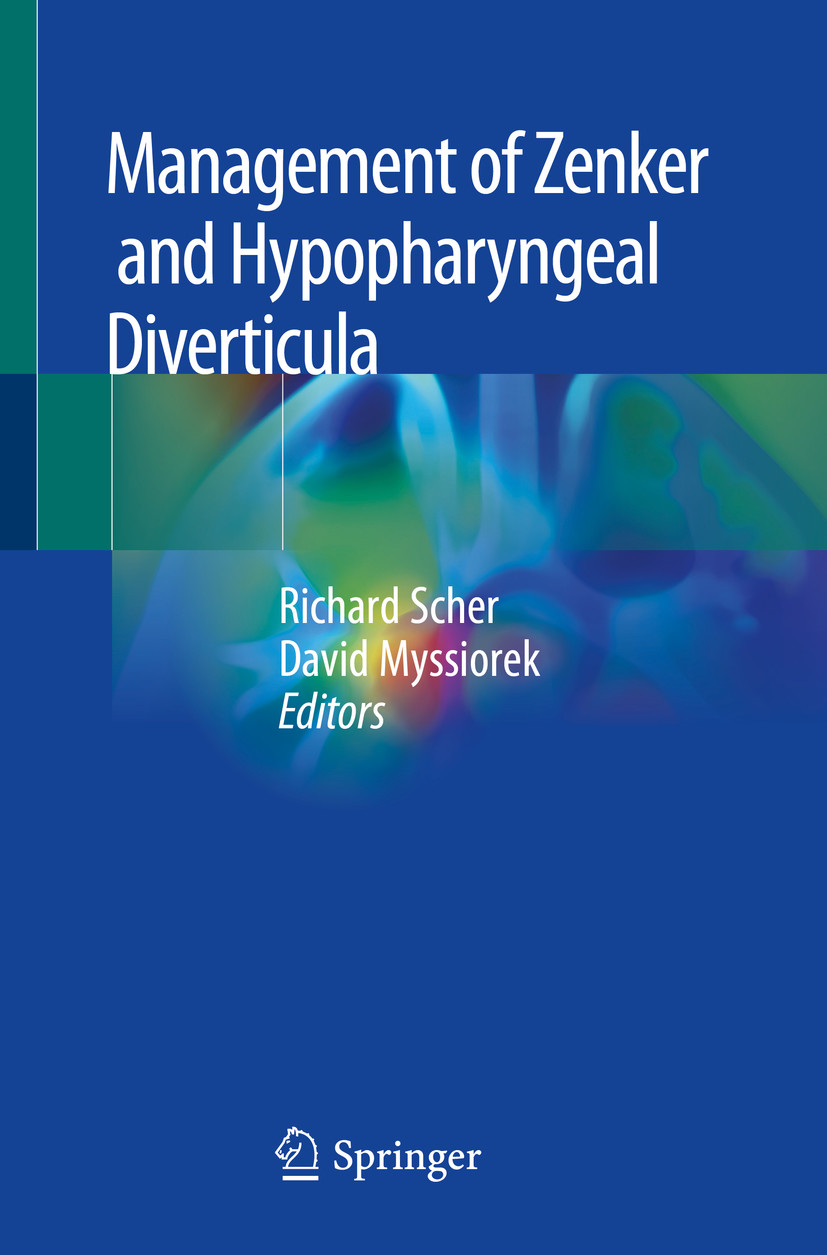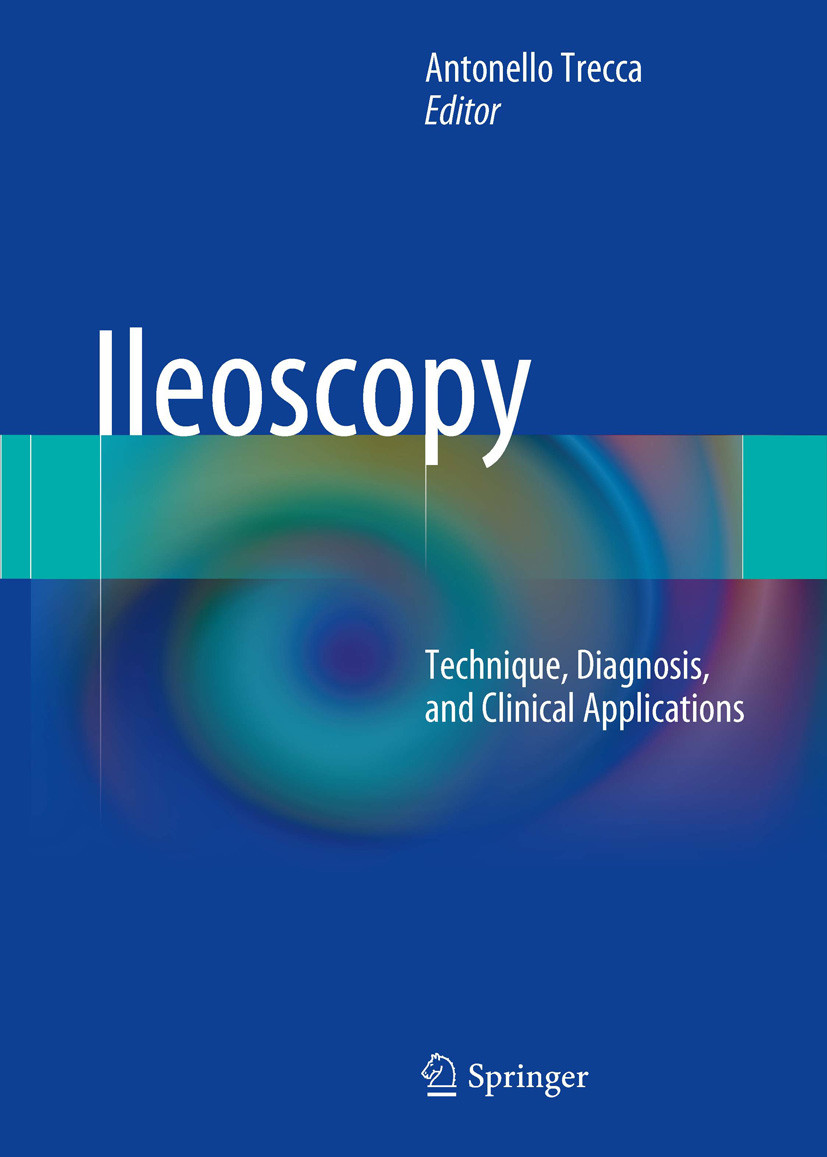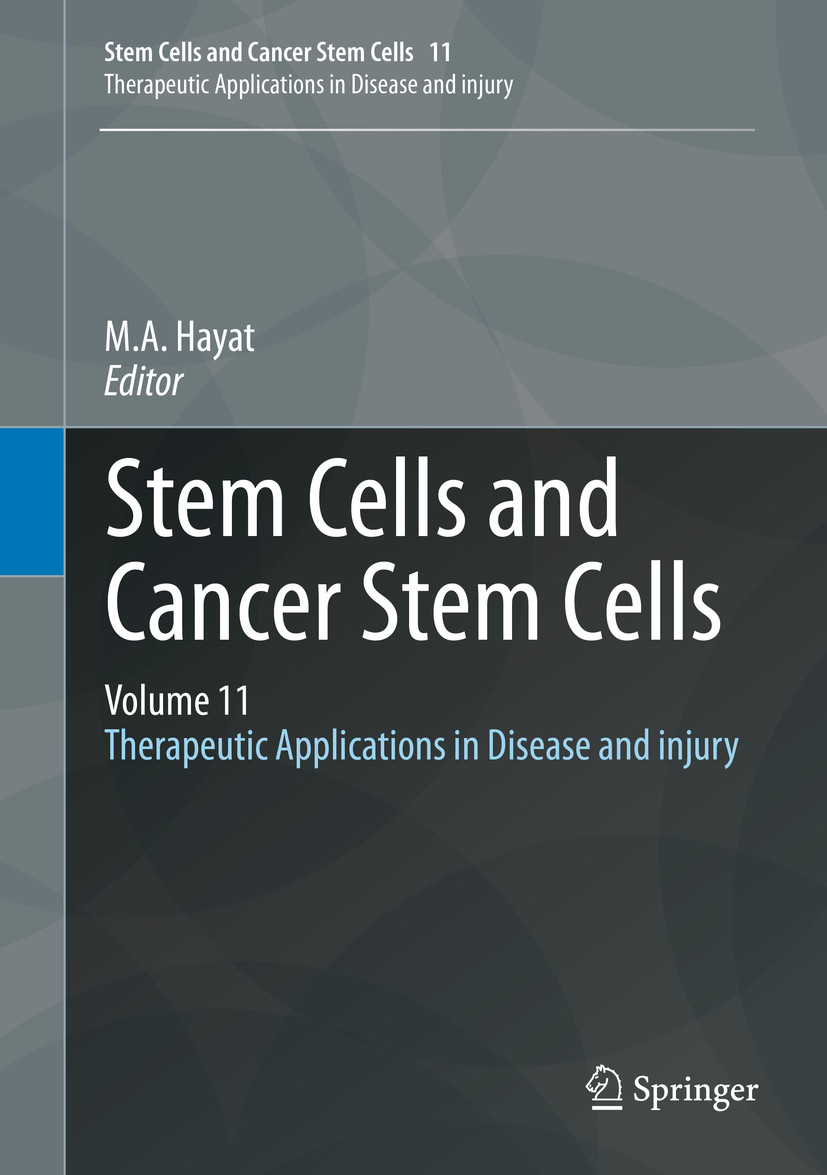Management of Zenker and Hypopharyngeal Diverticula
| Auflage | 1. Auflage, 2018 |
| Verlag | Springer-Verlag |
| ISBN | 9783319921563 |
Sofort zum Download (Download: PDF)
Produktbeschreibung
Normal swallowing is essential to the maintenance of physical and psychological health. Disruption of the ability to swallow, known as dysphagia, can compromise nutrition, adversely impact social interaction and enjoyment, and ultimately lead to a reduced overall quality of life and life expectancy. Although many disorders can lead to alterations in swallowing function and ability, Zenker's diverticula (ZD) and other hypopharyngeal diverticula represent a unique set of pathologies that can have a significant negative impact on individuals in whom these develop. Over the past century, significant medical advances have occurred allowing patients with diverticula to receive effective treatment. These treatments have resulted in resolution of the deleterious health effects seen with these conditions, with recent surgical innovations reducing the impact of treatment on patients with ZD and hypopharyngeal diverticula. These newer, minimally invasive surgical treatment approaches have made treatment safer and more effective for a patient group that is generally older and often ill with other medical conditions. As the population in general ages, these techniques can be offered to more and more patients with expectations for significant benefit.
This book will serve as an invaluable resource for surgeons and clinicians responsible for the evaluation and care of patients with Zenker's diverticula (ZD) and hypopharyngeal diverticula. The book reviews the surgical treatment approaches used historically as a context to a thorough discussion and presentation of newer, less invasive endoscopic approaches for therapy. The surgical techniques used with these endoscopic approaches, and the technological advances that have made them possible, is also presented in detail, along with the results, indications, limitations, and alternatives to these treatments. Expected clinical outcomes with these approaches are contrasted with alternative, more invasive surgical techniques that remain useful in select situations. Detailed information on these more invasive techniques are also presented along with more novel investigational treatment approaches including endoscopic therapy.
Written by experts in the field of otolaryngology, speech language pathology, gastroenterology and radiology, Management of Zenker's and Hypopharyngeal Diverticula,will serve as an invaluable resource for surgeons, clinicians and students dealing with and learning about ZD and hypopharyngeal diverticula. The most up-to-date information is comprehensively offered to provide a primary source of clinical information for those caring for these patients.
Dr. Richard L Scher is a Otolaryngology Specialist in Durham, North Carolina. He graduated with honors from University Of Cincinnati College Of Medicine in 1985. Having more than 31 years of diverse experiences in Otolaryngology, Dr. Richard L Scher affiliates with many hospitals including Duke University Health System, Inc.
David Myssiorek, M.D., F.A.C.S., Otolaryngologist, is Professor of Otolaryngology at the New York University Clinical Cancer Center in New York City, New York. He is also Secretary of the New York Head and Neck Society. Previously he was on the staff of Long Island Jewish Hospital. A graduate of New York University School of Medicine, Dr. Myssiorek did his internship at Lenox Hill Hospital and was Chief Resident at New York University/Bellevue. He is the author of numerous articles on thyroid cancer surgery and other head and neck surgery. His survey on voice issues, conducted in cooperation with ThyCa, received more than 6,000 responses. Dr. Myssiorek is a member of ThyCa's Medical Advisory Council.


